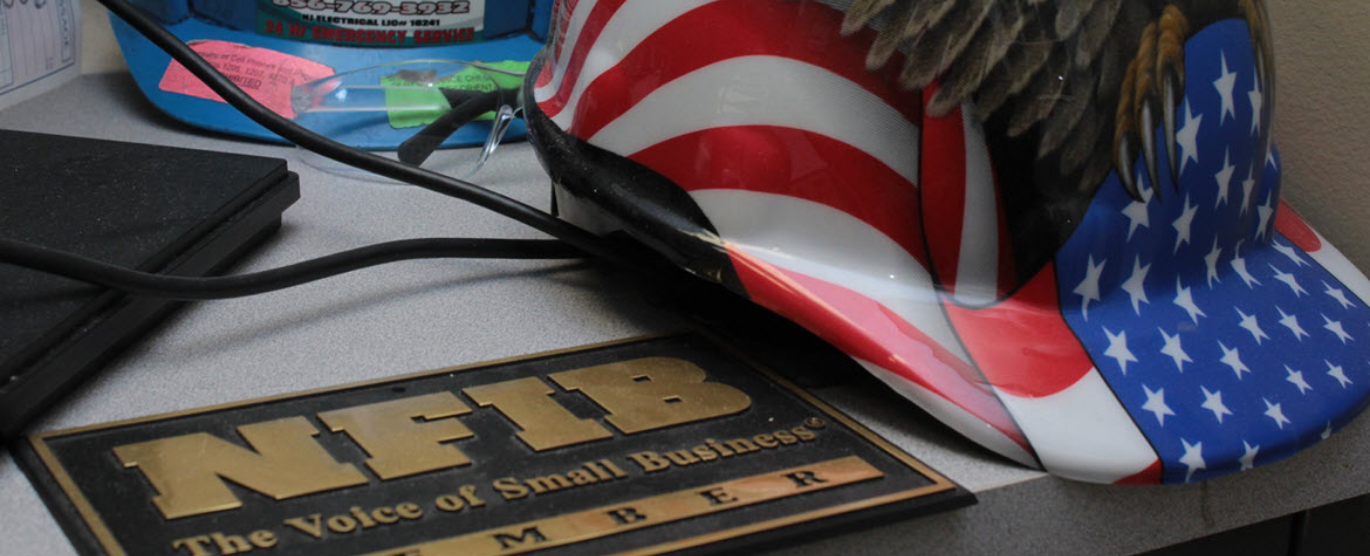Not-up-to-code wiring is a common problem in many DIY electric projects. Not only does it look bad, but it can also cause fires and electric shocks that might result in injury or even death. While you may understand electricity very well, things can happen when you have too much confidence in your own abilities because not everything is as simple as throwing some wires together, so calling a South Jersey electrician is always a good idea!
Here are a few of the most common electrical problems you might run into if you decide to do your own electric work for your DIY office.
1) Not enough outlets
You may find yourself needing more outlets than what you have installed. If this is the case, one solution could be installing junction boxes for additional wire connections known as chases. This allows you to conceal the extra wire and connect it to a different circuit breaker that would lead to the extra outlets.
2) Not enough circuits for your devices
Another common mistake is not using enough circuits for your appliances and overloading the wire. Putting a lot of devices (such as lamps, computers, printers, photocopiers etc.) on the same circuit breaker is problematic. Not only could one of them trip the breaker but you may also overload the wiring system. Also keep in mind that if your home network has 10 wired connections instead of two it will require 2-3 more dedicated circuits or else everything would slow down to a crawl whenever someone downloads an update or uploads large files.
3) Not enough grounding points for surge protectors
Surge protectors are very important because they help protect your devices, but they will only work if they are grounded. Depending on your floors, walls and ceilings there might not be enough grounding points installed in the electrical system to connect the surge protector. This causes a number of problems that can even cause an electric shock or fires when things get overloaded. Not to mention that in some cases you may have no grounding point at all which in this case you would need to install one yourself . Not something for beginners to try without help from professional South Jersey electricians who know what they are doing.
4) Not using GFCIs
According to code , receptacles should be protected by Ground Fault Circuit Interrupters (GFCIs). These devices prevent electric shocks caused by the current being routed through body parts due to ground faults in the system. Not using GFCIs significantly increases your risk of getting an electric shock or even dying when something gets overloaded.
5) Not checking voltage drop
The flow of electricity is interrupted whenever it has to travel large distances which results in lower voltage levels . This is referred to as Voltage Drop and can contribute significantly to poor performance, reduced efficiency and heat buildup. Not only should you check devices for compatibility with their intended voltage levels but also make sure the wiring system carries enough power all the way from the circuit breaker panel to your device. A voltage meter can be used for this purpose because you need less than 2% voltage drop, otherwise it may cause problems for sensitive electronics like servers .
So, if you are working from home and want to create a dedicated office space in your home, you should always leave your electric upgrades in South Jersey to the professionals. Even if you have some level of confidence or experience, it is still best to give a South Jersey electrician a call to be sure everything is safe and up to code.




